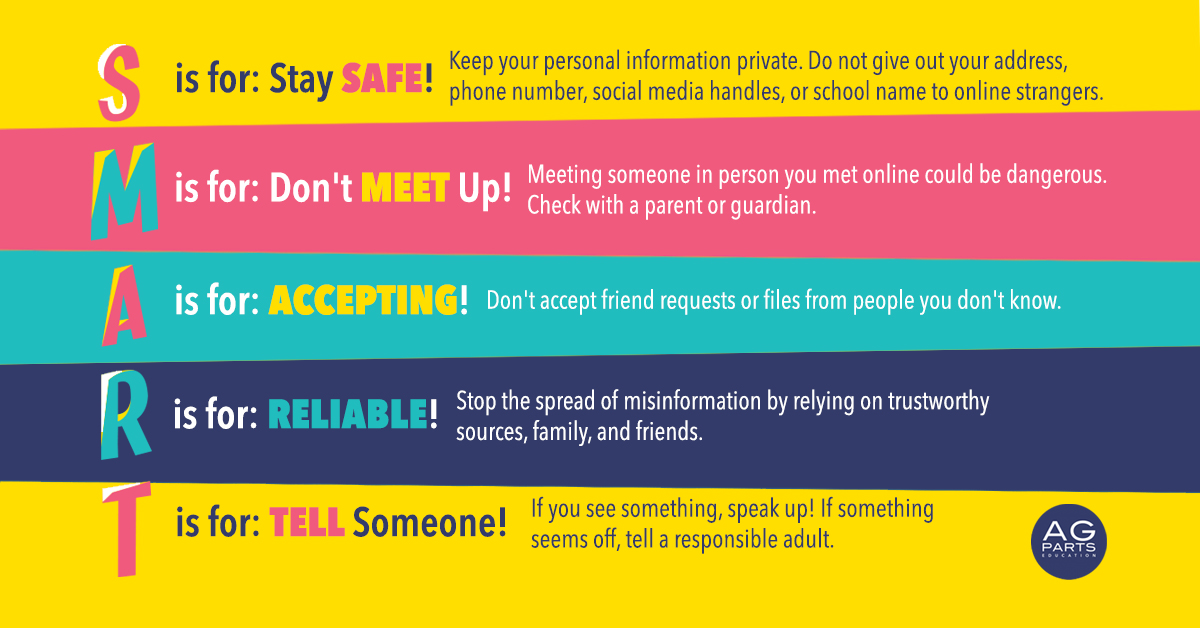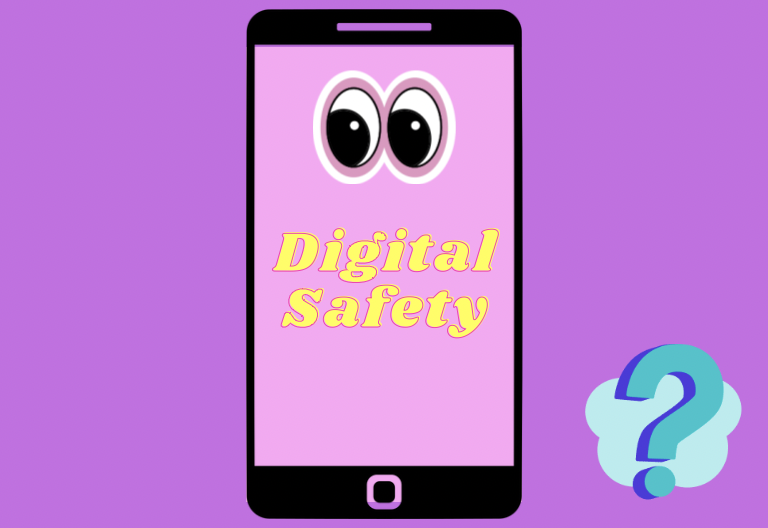This week in Technology class we had guest speaker, Jesse Miller. I really like the way Jesse talked about technology in education and what we should be aware of. In today’s digital age, it is essential for learners to understand the importance of managing their digital footprints. Technology allows us to do many amazing things and it is important for students to know that and feel safe on the internet. As a teacher, you can play a vital role in helping your learners develop the necessary skills to protect their online privacy and security.
One of the first steps in teaching digital footprint management is to educate learners on the risks associated with sharing personal information online. This includes teaching them about the potential consequences of sharing sensitive information, such as their full name, address, phone number, and financial information. You can also discuss the risks associated with oversharing on social media, such as posting inappropriate or embarrassing content that could harm their reputation.
Another important aspect of managing digital footprints is teaching learners about the importance of strong passwords. You can encourage learners to create strong passwords by using a combination of letters, numbers, and symbols, as well as avoiding the use of common words or personal information. It is also important to teach learners about the dangers of reusing passwords across multiple accounts and the importance of regularly changing passwords to keep their accounts secure.
In addition to these foundational topics, you can also teach learners about the privacy settings on social media platforms. Encourage learners to familiarize themselves with the privacy settings on each platform they use and to adjust them according to their preferences. For example, they may want to limit who can see their posts, or they may want to disable location tracking features.

Finally, it is crucial to encourage learners to think critically about the content they share online. They should be aware of the potential consequences of their actions and should carefully consider what they share and with whom. You can facilitate discussions around digital citizenship and online etiquette, helping learners develop an understanding of how their online behavior impacts themselves and others.
Overall, teaching learners about digital footprint management is an essential part of their digital literacy development. By providing them with the necessary skills and knowledge, you can help them protect their online privacy and security, and empower them to make responsible decisions when using digital technologies.





